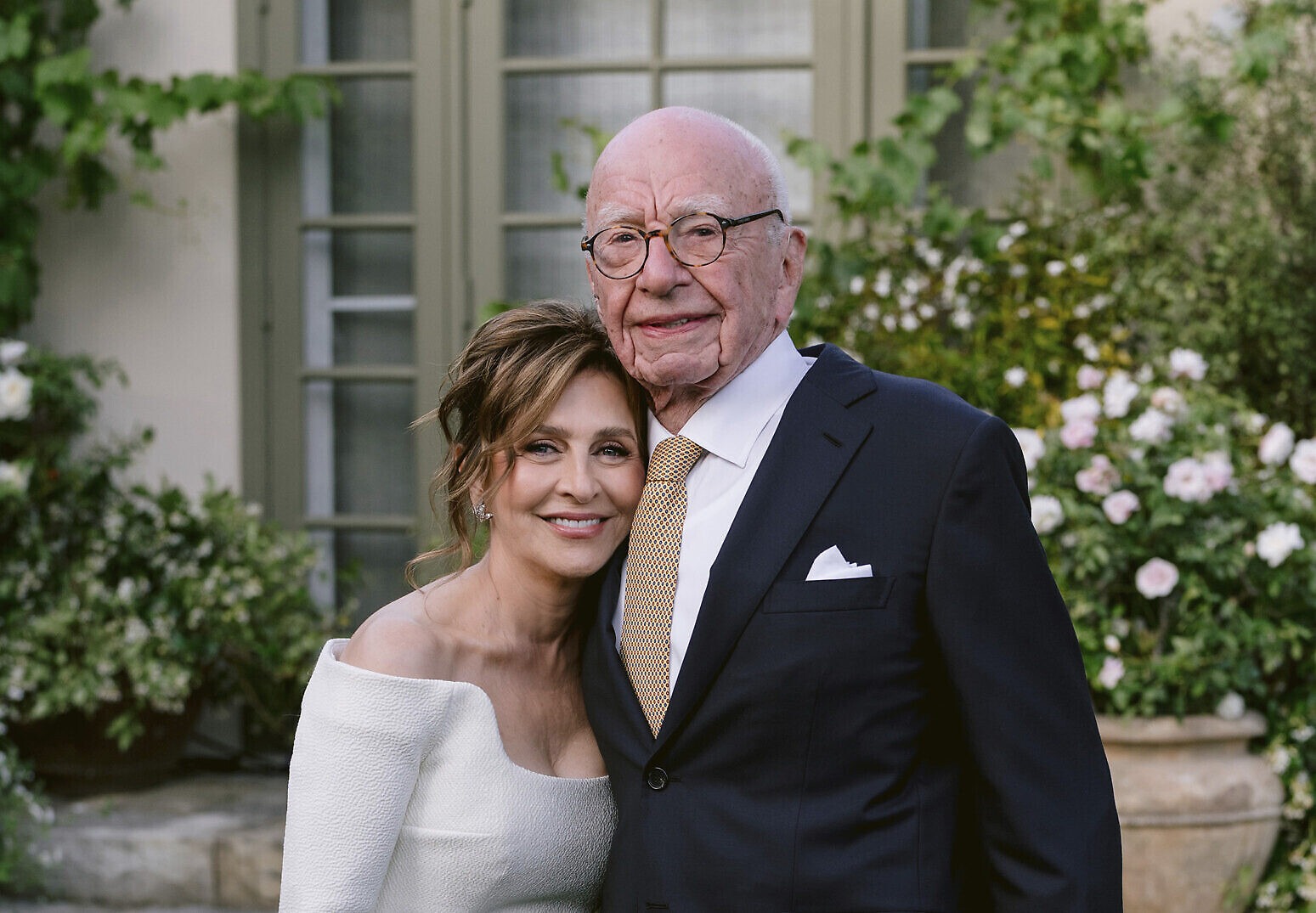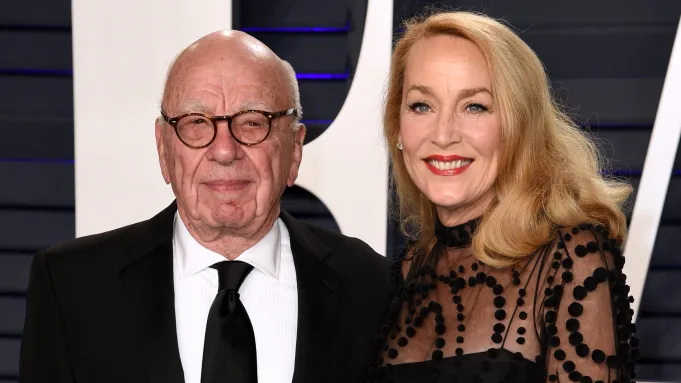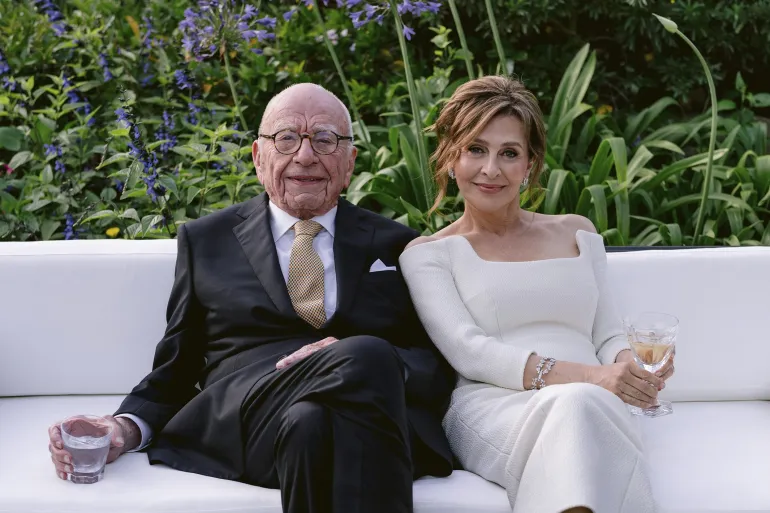Rupert Murdoch, born Keith Rupert Murdoch on March 11, 1931, in Melbourne, Australia, is one of the most influential and controversial figures in modern media history. Over the course of his career, Murdoch has built a global media empire that spans newspapers, television networks, and film studios. His impact on journalism, politics, and culture is immense, with his media outlets often shaping public opinion and policy. This article delves into Murdoch’s life, his rise to power, the expansion of his media empire, and the controversies and influence that have defined his career.
Early Life and Education Rupert Murdoch

Rupert Murdoch was born into a media-savvy family. His father, Sir Keith Murdoch, was a prominent journalist and newspaper executive who managed the Herald and Weekly Times, a major Australian media company. Growing up in such an environment, Murdoch was exposed to the world of journalism and publishing from an early age. He attended Geelong Grammar School, one of Australia’s most prestigious schools, and later went on to study Philosophy, Politics, and Economics (PPE) at Worcester College, Oxford.
Murdoch’s time at Oxford was formative, not only in terms of education but also in shaping his political views. It was during this period that he developed a keen interest in business and media, influenced by his father’s legacy and the political climate of the time.
The Beginnings of a Media Empire
Upon his father’s death in 1952, Murdoch inherited a small newspaper in Adelaide, The News. This marked the beginning of his foray into the media industry. Murdoch quickly demonstrated his business acumen and journalistic instincts by revitalizing The News, focusing on sensationalist and human-interest stories that attracted a wide readership.
Murdoch’s success with The News led to further acquisitions in Australia and New Zealand, including The Sunday Times in Perth and The Dominion in Wellington. By the 1960s, he had established himself as a formidable figure in the Australian media landscape.
Expansion Rupert Murdoch to the United Kingdom and the United States

Murdoch’s ambitions soon extended beyond Australia. In 1969, he acquired the News of the World, a struggling British tabloid. He revitalized the paper by employing similar tactics that had worked in Australia: sensationalism, celebrity gossip, and investigative journalism. Following this success, Murdoch purchased The Sun, which he transformed into one of the UK’s most popular tabloids.
The 1970s marked Murdoch’s expansion into the United States. He acquired the San Antonio Express-News in Texas and later purchased the New York Post. In 1985, he became a U.S. citizen, a requirement for owning American television stations, and subsequently acquired the Metromedia group of stations, which laid the groundwork for the launch of the Fox Broadcasting Company.
Building the Fox Empire
The creation of the Fox Broadcasting Company in 1986 was a pivotal moment in Murdoch’s career. Fox quickly grew to become a major player in American television, challenging the dominance of the “Big Three” networks: ABC, CBS, and NBC. Fox introduced innovative programming, such as “The Simpsons,” “Married… with Children,” and “The X-Files,” which attracted latoto younger audiences and set new trends in television.
In addition to entertainment, Murdoch expanded into cable news with the launch of Fox News in 1996. Under the leadership of Roger Ailes, Fox News adopted a conservative-leaning editorial stance, appealing to a right-leaning audience. Fox News quickly became one of the most-watched cable news networks in the United States, significantly influencing American politics and public opinion.
The Formation of News Corporation and 21st Century Fox
Murdoch’s media holdings were consolidated under the umbrella of News Corporation, which he founded in 1979. News Corp. became a global media conglomerate with interests in newspapers, television, film, and publishing. In 2013, News Corp. was split into two separate companies: 21st Century Fox, which focused on entertainment assets, and the new News Corp., which retained the publishing and newspaper businesses.
21st Century Fox continued to grow, acquiring stakes in various media companies and launching successful ventures such as the Fox Sports Network. Murdoch’s influence extended to the film industry through 20th Century Fox, which produced numerous blockbuster films and franchises.
Controversies and Criticisms

Murdoch’s career has been marred by numerous controversies and criticisms. His media outlets have often been accused of biased reporting, sensationalism, and unethical practices. One of the most significant scandals was the News International phone hacking scandal in the early 2010s. Journalists at Murdoch-owned newspapers, including the News of the World, were found to have illegally hacked into the voicemails of celebrities, politicians, and crime victims. The scandal led to the closure of the News of the World, numerous arrests, and a public inquiry into media practices in the UK.
Murdoch’s political influence has also been a subject of scrutiny. His media outlets have been known to support particular political parties and candidates, leading to accusations of manipulating public opinion and undermining democratic processes. In the UK, Murdoch’s newspapers were influential in the elections of Prime Ministers Margaret Thatcher, Tony Blair, and David Cameron. In the U.S., Fox News has been a significant force in conservative politics, particularly during the administrations of George W. Bush and Donald Trump.
Legacy and Influence
Despite the controversies, Rupert Murdoch’s impact on the media industry is undeniable. He has built one of the largest and most influential media empires in history, reshaping the landscape of journalism, television, and film. His ability to adapt to changing media environments and his instinct for what captivates audiences have kept his companies at the forefront of the industry.
Murdoch’s legacy is complex. On one hand, he is seen as a visionary entrepreneur who revolutionized media and entertainment. On the other hand, his methods and the ethical implications of his media practices have been heavily criticized. Nonetheless, his influence on global media and politics is profound and enduring.
Conclusion Rupert Murdoch
Rupert Murdoch’s life and career are a testament to the power of media and its ability to shape societies and politics. From his early days in Australia to building a global media empire, Murdoch has been a relentless force in the industry. His success, controversies, and lasting influence make him one of the most significant figures in modern media history. As Murdoch’s companies continue to evolve in the digital age, his legacy as a media titan will undoubtedly continue to be a subject of study and debate for years to come.
Read More Article About “Samajwadi Party: A Journey Through Indian Political Landscape“



























